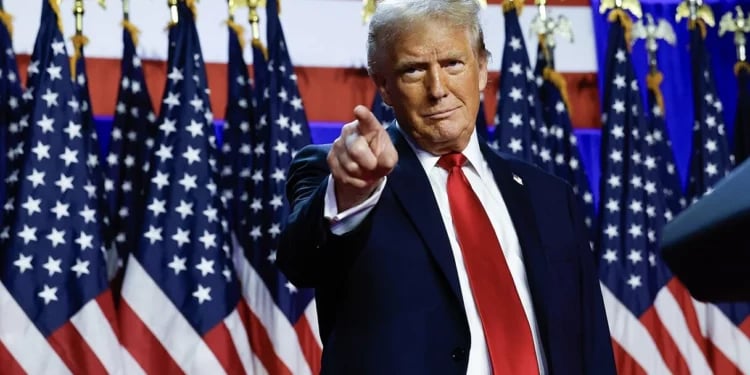Trump Eases Auto Tariffs to Boost U.S. Manufacturing
On April 29, 2025, President Donald Trump signed an executive order to ease the impact of the 25% tariffs on imported automobiles and auto parts


Trump Eases Auto Tariffs to Boost U.S. Manufacturing
On April 29, 2025, President Donald Trump signed an executive order to ease the impact of the 25% tariffs on imported automobiles and auto parts. The new policy aims to support U.S. manufacturers by eliminating the stacking of tariffs on steel and aluminum, which were previously applied in addition to the auto tariffs. This change is expected to reduce production costs for automakers operating in the U.S.
To further incentivize domestic production, the administration introduced a credit system for vehicles assembled in the U.S. between April 3, 2025, and April 30, 2026. Automakers will receive a credit of 3.75% of the vehicle's value, which can be used for duty-free parts imports, except from China. This credit will decrease to 2.5% in the following year and will be phased out thereafter. Vehicles from Canada and Mexico do not qualify for this credit.
The revised policy aims to reduce foreign dependency in the automotive sector, bolster domestic manufacturing, and enhance national security by fostering innovation in technologies critical to U.S. defense capabilities.
Complementary News:
U.S. Automakers React Positively to Tariff Adjustments
U.S. automakers, including Ford, General Motors, and Stellantis, have expressed support for the tariff adjustments. They anticipate that the changes will help reduce production costs and encourage investment in domestic manufacturing.
Economic Analysts Cautious About Long-Term Impact
While the immediate effects of the tariff adjustments are seen as positive, some economic analysts caution that the long-term impact on vehicle prices and market competition remains uncertain.
China's Tariffs Remain Unchanged
Despite the easing of tariffs on other imports, tariffs on Chinese-made vehicles and parts remain in place, with some reaching as high as 145%. This aspect of the trade policy continues to affect U.S.-China trade relations.
President Trump has signed an executive order easing certain automotive tariffs to support U.S. manufacturers. The policy eliminates additional tariffs on steel and aluminum, introduces a credit system for vehicles assembled domestically, and maintains high tariffs on Chinese imports.
